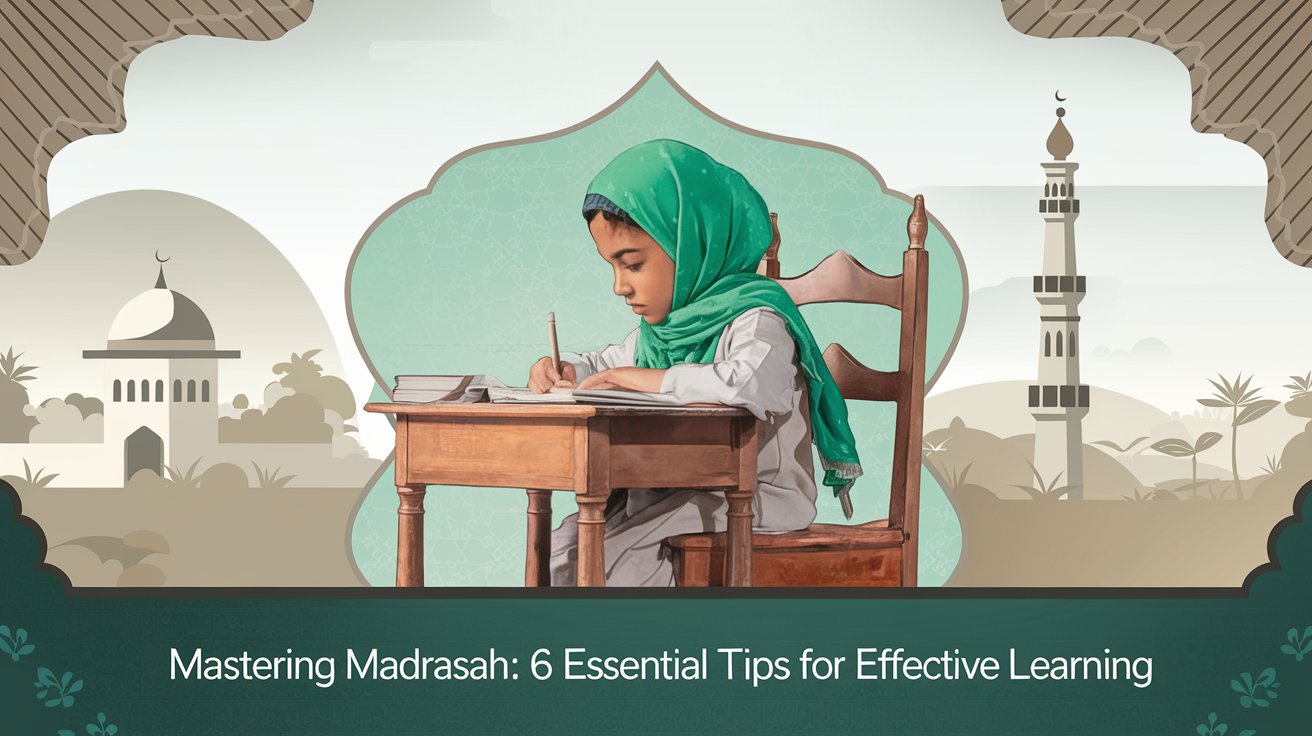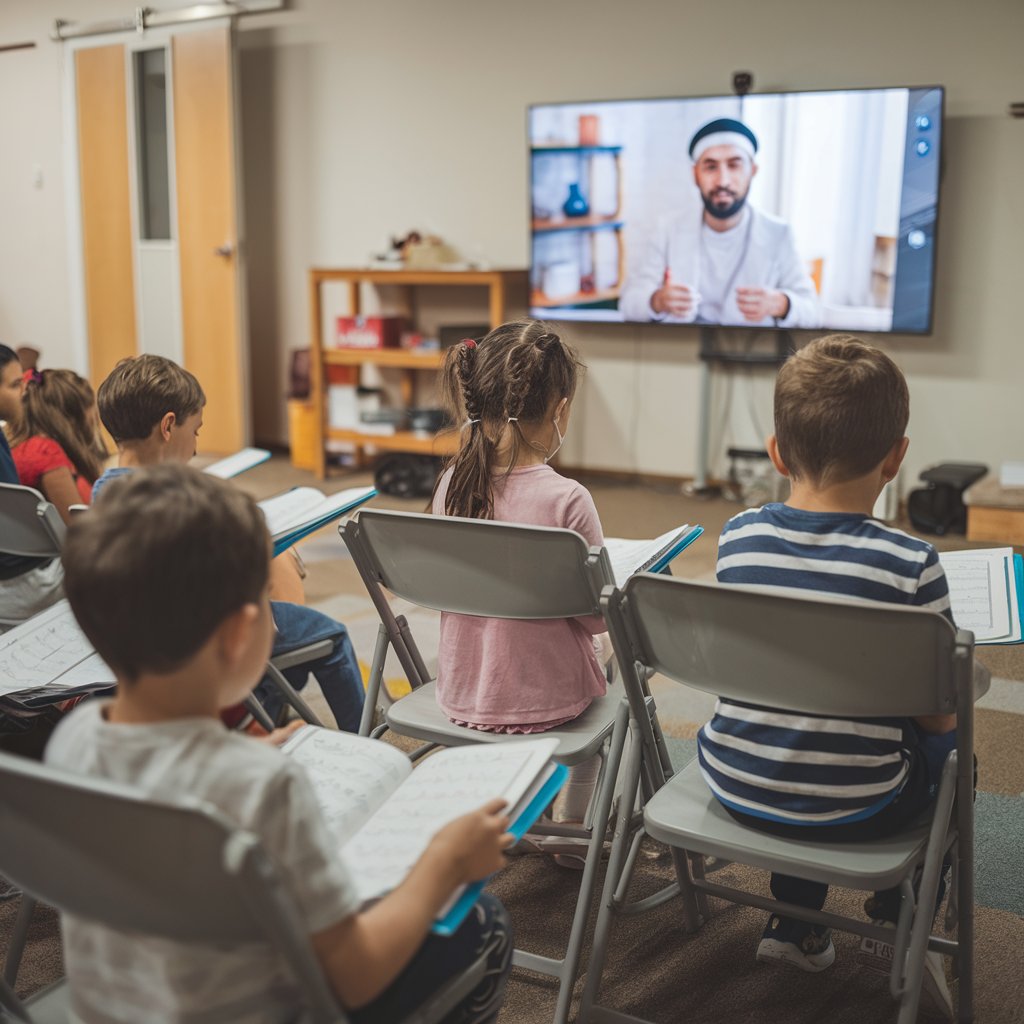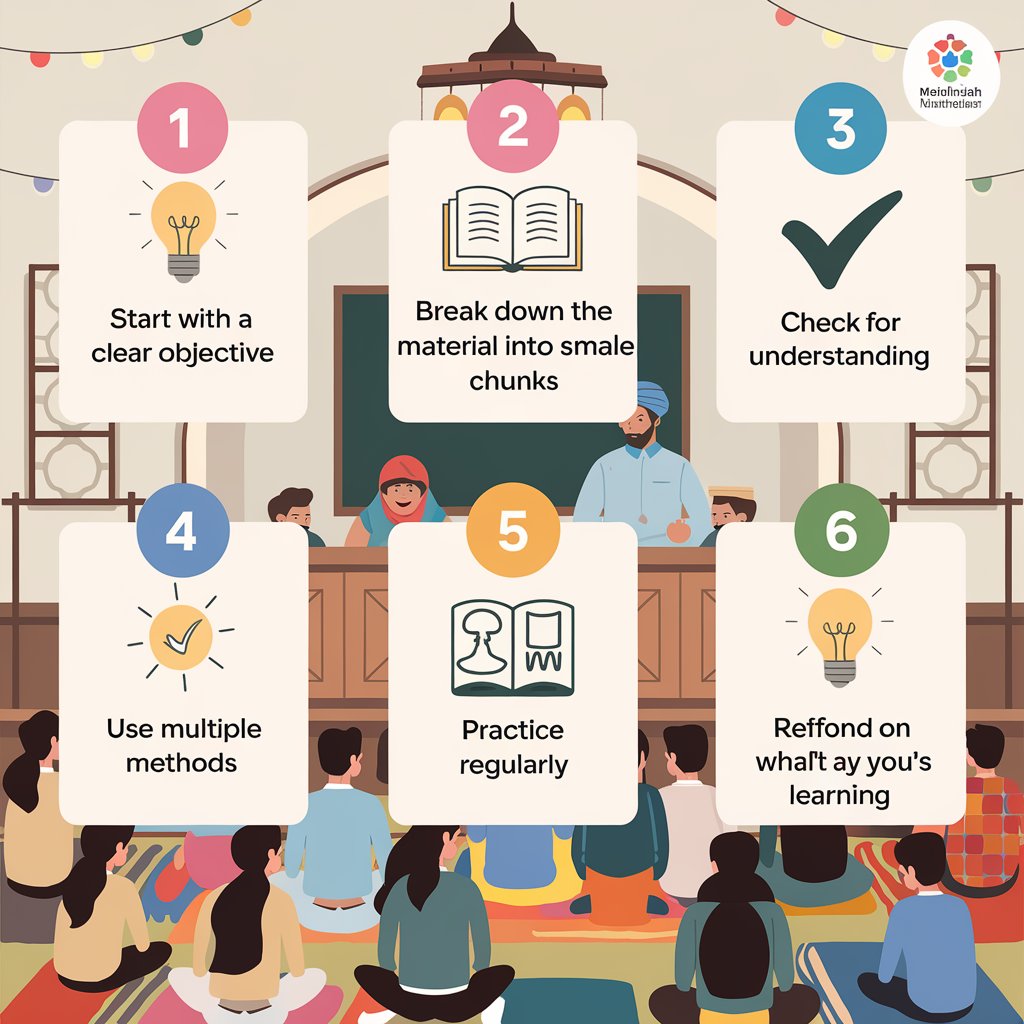Mastering Madrasah 6 Essential Tips for Effective Learning
Education is a cornerstone of personal and societal growth, and madrasah, a traditional form of Islamic education, is no different. Over the years, madrasahs have evolved from purely theological institutions into centers that also teach secular subjects, equipping students with the skills needed for modern life. But how do students and parents ensure that this learning is effective? In this article, we will explore six essential tips for Mastering Madrasah, helping you or your child succeed in this unique educational environment.
Table of Contents
ToggleWhat is Madrasah Education?
Madrasah, or Islamic schooling, is an educational system deeply rooted in religious and moral instruction. The word “madrasah” comes from the Arabic term “darasa,” meaning “to study.” Traditionally, madrasahs focused on Quranic studies, Islamic jurisprudence (Fiqh), Hadith (sayings of the Prophet), and other religious subjects. However, modern madrasahs have begun incorporating science, math, and language studies to ensure that students receive a well-rounded education.

Why Madrasah Education Matters
Madrasah education is significant for several reasons. Not only does it teach religious values and morals, but it also develops critical thinking, discipline, and a sense of community. These qualities prepare students to be responsible adults in both their personal and professional lives. While madrasah education may seem old-fashioned to some, many parents recognize its value in instilling strong ethical principles alongside academic knowledge.
Tip 1: Embrace a Blended Learning Approach
The first step in mastering madrasah is to embrace a blended learning approach. This means combining traditional face-to-face learning with modern online tools and resources. For instance, while classroom instruction provides direct interaction with teachers, online platforms offer supplementary materials that can deepen understanding. Imagine your learning journey as a road trip—while the classroom is your main route, the internet provides scenic detours that enhance your overall experience.
How to Implement Blended Learning in Madrasah:
- Use online Islamic courses: These platforms often provide deeper insights into religious texts that can complement what is learned in class.
- Engage with digital resources: Many madrasahs are now incorporating digital libraries where students can access Islamic literature, research papers, and interactive tutorials.
- Combine traditional teaching with online quizzes: This keeps the learning process dynamic and fun.
Blended learning encourages students to take charge of their own education, promoting independence and critical thinking—skills vital for mastering madrasah.
Tip 2: Focus on Interactive Learning
Learning should not be a one-way street, where the teacher talks and the students simply listen. Interactive learning involves a more engaging process that fosters better understanding and retention of knowledge. This can include group discussions, peer teaching, and hands-on activities. In madrasah, this could take the form of group recitations of Quranic verses or role-playing scenarios to understand Islamic jurisprudence.
Benefits of Interactive Learning:
- Enhanced retention: Students remember more when they are actively involved.
- Develops communication skills: Students learn how to articulate their thoughts and ideas.
- Fosters collaboration: Interactive learning encourages teamwork and community building.
Ask yourself this: When was the last time you remembered something because you participated in a discussion, rather than just listening passively?
Tip 3: Regular Assessment and Feedback
Another crucial aspect of mastering madrasah education is to incorporate regular assessments and feedback. Without understanding where you or your child stands academically, it’s difficult to make progress. Frequent tests, quizzes, and verbal feedback from teachers help students identify their strengths and areas for improvement.
Mastering Madrasah 6 Essential Tips for Effective Learning
How to Benefit from Regular Assessments:
- Self-assessment: Encourage students to periodically review their own progress.
- Teacher feedback: Seek constructive criticism to improve performance.
- Group assessments: Discuss results with peers to gain diverse perspectives on what went wrong or right.
Regular assessments create a structured learning environment, and feedback is like a compass, guiding students toward academic improvement.
Tip 4: Cultivate a Supportive Learning Environment
Just as a plant needs the right environment to grow, students thrive in a supportive learning environment. A positive and encouraging atmosphere helps students feel comfortable asking questions and taking risks in their learning. Teachers, parents, and even fellow students play a role in cultivating this kind of environment.
Elements of a Supportive Learning Environment:
- Encouragement: Celebrate small successes to motivate students.
- Patience: Every student learns at their own pace. Avoid rushing the learning process.
- Open communication: Students should feel safe to express concerns and seek help when needed.
A supportive environment is like fertile soil—without it, even the best seeds (students) won’t grow.
Tip 5: Leverage Technology Wisely
In today’s world, technology is unavoidable. However, it can be a double-edged sword if not used correctly. Leverage technology wisely by focusing on educational apps, online Quranic tutorials, and interactive tools that make learning easier and more engaging.
Smart Ways to Use Technology in Madrasah:
- Download Islamic learning apps: Apps like Quran Explorer or Islamic Studies for Kids can make studying more accessible.
- Use interactive whiteboards: Some madrasahs have begun incorporating these to make lessons more visual and interactive.
- Incorporate multimedia: Videos, animations, and infographics help make complex religious concepts easier to grasp.
Remember, technology should support learning, not distract from it.
Tip 6: Encourage Parental Involvement
A child’s success in madrasah is not just the responsibility of the teachers—it’s a team effort. Encouraging parental involvement is crucial. Studies show that students perform better academically when parents are actively involved in their education.
How Parents Can Be Involved:
- Regular check-ins: Parents should keep track of their child’s progress by communicating with teachers.
- Home support: Encourage Islamic values and teachings at home to reinforce what is learned in madrasah.
- Be a role model: Demonstrating a strong commitment to learning and religious values can inspire your child to do the same.
Involving parents in the educational process provides children with the emotional and academic support they need to excel.
Mastering Madrasah 6 Essential Tips for Effective Learning
Conclusion: Putting it All Together
Mastering madrasah education requires a holistic approach that includes a mix of traditional and modern learning methods. By embracing blended learning, focusing on interactive teaching, and fostering a supportive environment, students are better equipped to succeed. Regular assessments, wise use of technology, and parental involvement further enhance the learning process, ensuring that students not only succeed academically but also grow morally and spiritually.
FAQs
1. What subjects are typically taught in a modern madrasah?
Madrasahs now offer a combination of religious studies, such as Quran, Fiqh, and Hadith, alongside secular subjects like math, science, and languages.
2. How can parents help their children succeed in madrasah?
Parents can get involved by regularly communicating with teachers, providing a supportive learning environment at home, and reinforcing Islamic values.
3. Is technology commonly used in madrasahs?
Yes, many madrasahs now integrate technology through educational apps, online resources, and interactive whiteboards to enhance learning.
4. Why is blended learning important in madrasah education?
Blended learning offers the best of both worlds—traditional classroom instruction and digital tools—which helps students grasp concepts better and stay engaged.
5. How often should students be assessed in madrasah?
Regular assessments, including quizzes and tests, are important for tracking progress. Ideally, students should be assessed at least once a month to ensure they are on the right track.
Half Week Free Trial Classes
Upon completion of your course, you will receive a complimentary certificate. What are you waiting for, then?
Enroll in our class now for a free trial.
Read More: Online Quran Classes for Kids: Transforming Islamic Learning



